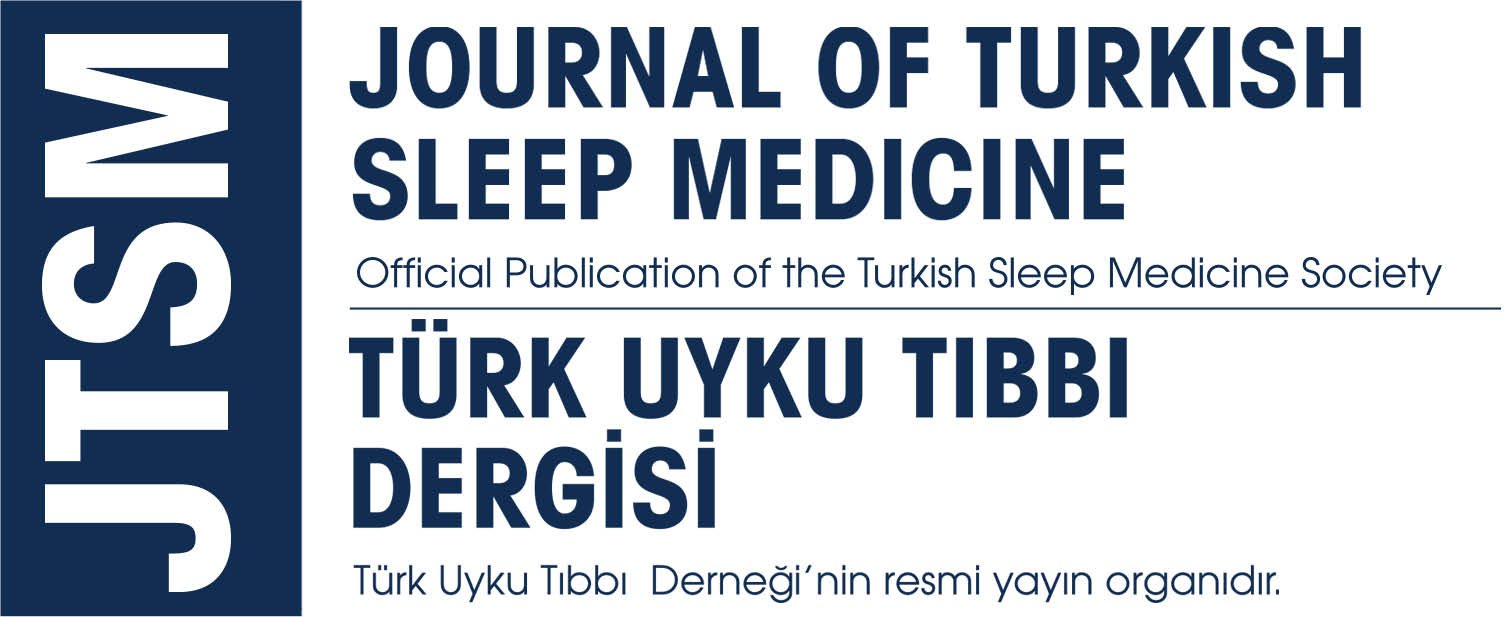ABSTRACT
For patients with cancer, sleep disturbance is commonplace. Using classical test theory and Rasch analyses, the present study compared two commonly used psychometric instruments for insomnia - Athens Insomnia Scale and Insomnia Severity Index - among patients with advanced cancer. Through convenience sampling, patients with cancer at stage III or IV (n = 573; 326 males; mean age = 61.3 years; SD = 10.7) from eight oncology units of university hospitals in Iran participated in the study. All the participants completed the Athens Insomnia Scale, Insomnia Severity Index, Edmonton Symptom Assessment Scale, Hospital Anxiety and Depression Scale, General Health Questionnaire-12, Epworth Sleepiness Scale and Pittsburgh Sleep Quality Index. Additionally, 433 participants wore an Actigraph device for two continuous weekdays. Classical test theory and Rasch analysis both supported the construct validity for Athens Insomnia Scale (factor loadings from confirmatory factor analysis = 0.61-0.87; test-retest reliability = 0.72-0.82; infit mean square = 0.81-1.17; outfit MnSq = 0.79-1.14) and for Insomnia Severity Index (factor loadings from confirmatory factor analysis = 0.61-0.81; test-retest reliability = 0.72-0.82; infit mean square = 0.72-1.14; outfit mean square = 0.76-1.11). Both Athens Insomnia Scale and Insomnia Severity Index had significant associations with Edmonton Symptom Assessment Scale, Hospital Anxiety and Depression Scale, General Health Questionnaire-12, Epworth Sleepiness Scale and Pittsburgh Sleep Quality Index, as well as having good sensitivity and specificity. Significant differences in the actigraphy measure were found between insomniacs and non-insomniacs based on Athens Insomnia Scale or Insomnia Severity Index score. With promising results, healthcare providers can use either Athens Insomnia Scale or Insomnia Severity Index to understand the insomnia of patients with advanced cancer.



